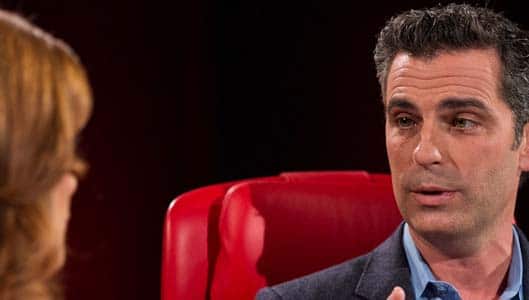Sharing fake news is ultimately “user’s prerogative” says Facebook
Facebook has said that sharing fake news is ultimately the “user’s prerogative” as it all but confirms that the site doesn’t have plans to prevent users from sharing demonstrably fake articles with one another.
To confirm we don’t use the term “fake news” here in the same way that President Trump has taken to the term, by outright denouncing any media outlet as fake if you don’t agree with everything that they report. In this case, the term fake news is for any website deliberately publishing 100%, bona fide spoof articles with no real element of truth in them.
For example WorldNewsDailyReport.com, who once claimed Sarah Palin had been appointed Science and Technology Advisor, or NationalReport.net who purported that Obama was running for a third presidential term.
As we have already reported, Facebook is already in the process of rolling out a series of tools to help users determine between fake and genuine news. Those tools include the ability to report a story as fake, and any stories that have already been debunked by third party fact checkers will be flagged as such. Facebook users trying to share articles flagged as fake will be warned of this as they try and do so.
However, despite these flags and warnings, users will still be able to share those stories on Facebook. This was all but confirmed by Facebook’s vice president of partnerships, Dan Rose (pictured above), who said in an interview this week…
…at the end of the day, if people want to share stories that have been flagged with their friends, that’s ultimately their prerogative.
Facebook’s argument will be that they have laid the groundwork to spot fake news stories, but ultimately it is up to the user if they still want to share it. Recently, Facebook have been clear about their position on fake news, many times claiming they do not want to be seen as the “arbiters of truth”, but accepting they have a responsibility to help curb the proliferation of fake news on their site.
Sponsored Content. Continued below...
However, it would seem that their responsibility stops before preventing users from actually sharing fake news.
It’s a difficult position for Facebook. Preventing users from sharing stories flagged as fake can be seen as censorship and would likely lead to many unenviable situations. However continuing to allow users to post fake news will be seen as doing too little to help their proliferation.
It really does seem that the social networking site is caught between a fake news article and an alternative fact.
What do you think? Let us know.
Continued below...
Thanks for reading, we hope this article helped, but before you leave us for greener pastures, please help us out.
We're hoping to be totally ad-free by 2025 - after all, no one likes online adverts, and all they do is get in the way and slow everything down. But of course we still have fees and costs to pay, so please, please consider becoming a Facebook supporter! It costs only 0.99p (~$1.30) a month (you can stop at any time) and ensures we can still keep posting Cybersecurity themed content to help keep our communities safe and scam-free. You can subscribe here
Remember, we're active on social media - so follow us on Facebook, Bluesky, Instagram and X
